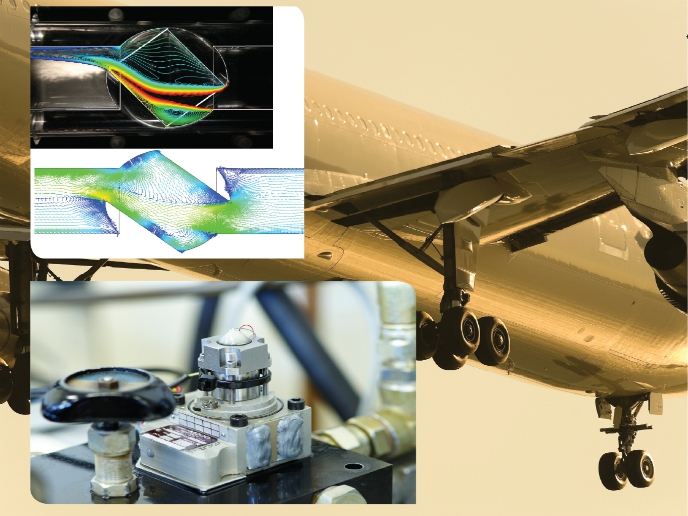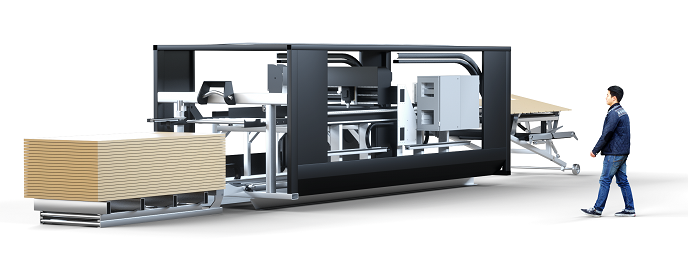Virtual test environment for aircraft component design
New aircraft components must pass a rigorous structural testing process. This significantly increases the time and cost required to design and attain certification of new aircraft products. European researchers sought to exploit computational mechanics and statistics together with large-scale computing to provide a virtual testing process as a fast and cost-effective alternative. With EU funding of the ‘Non-linear static multiscale analysis of large aero-structures’ (MUSCA) project, scientists set out to develop a testing tool that successfully predicts failure initiation and collapse under static conditions. In order to do so, they focused on large-scale models of complex structures that captured enough fine detail to accurately model local effects. Investigators started with an analysis of the structural testing process for large components and the roles of the specific tests. They focused on development of computer-aided design (CAD) and finite element method (FEM) techniques as related to overall programme goals. Using large-scale industrial benchmarks, scientists developed multi-criteria failure analyses and integrated them into numerical tools to predict uncertainties of component performance. The virtual testing process could provide an important boost to aerospace components manufacturers by reducing both the time and the money required to get new products certified.







